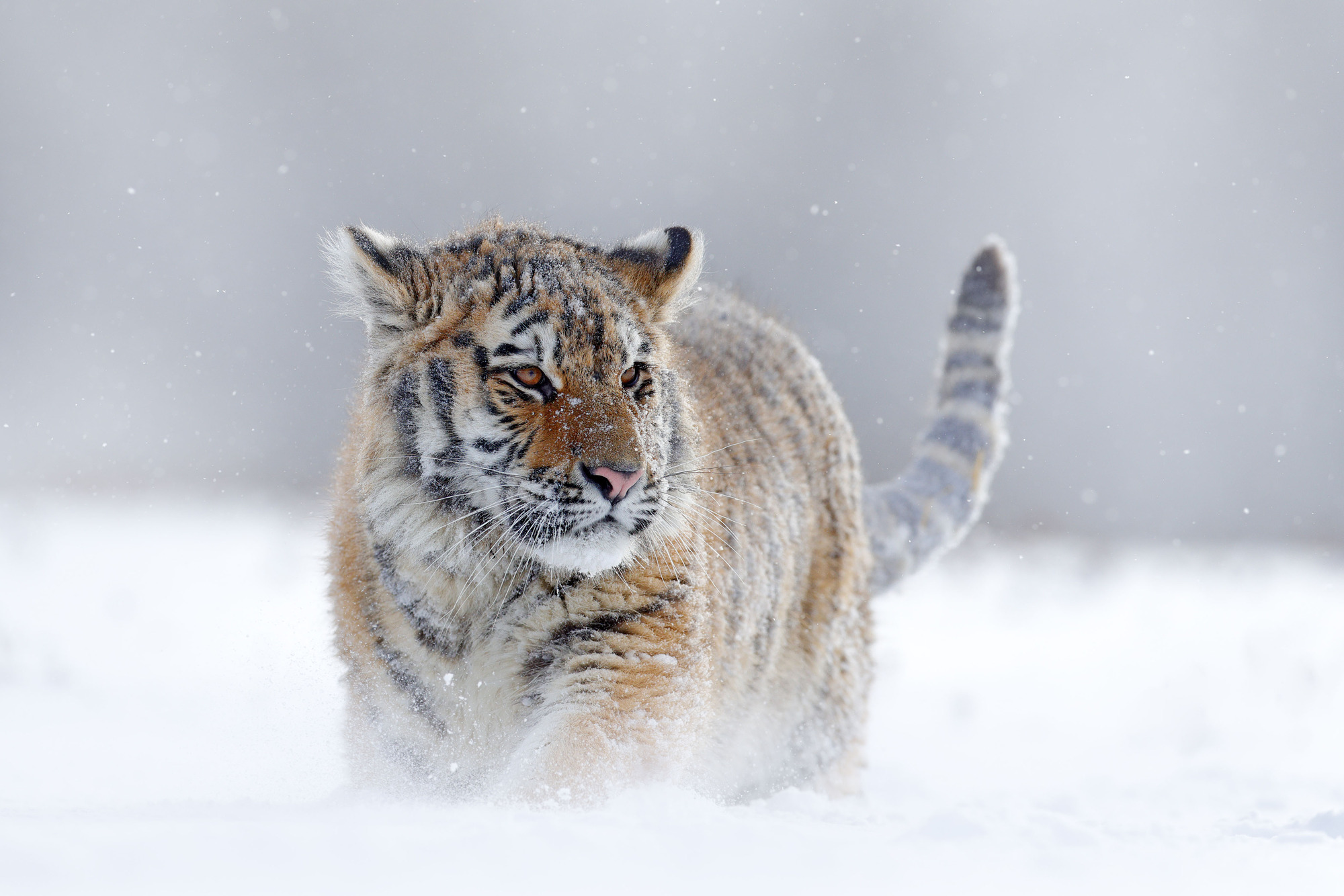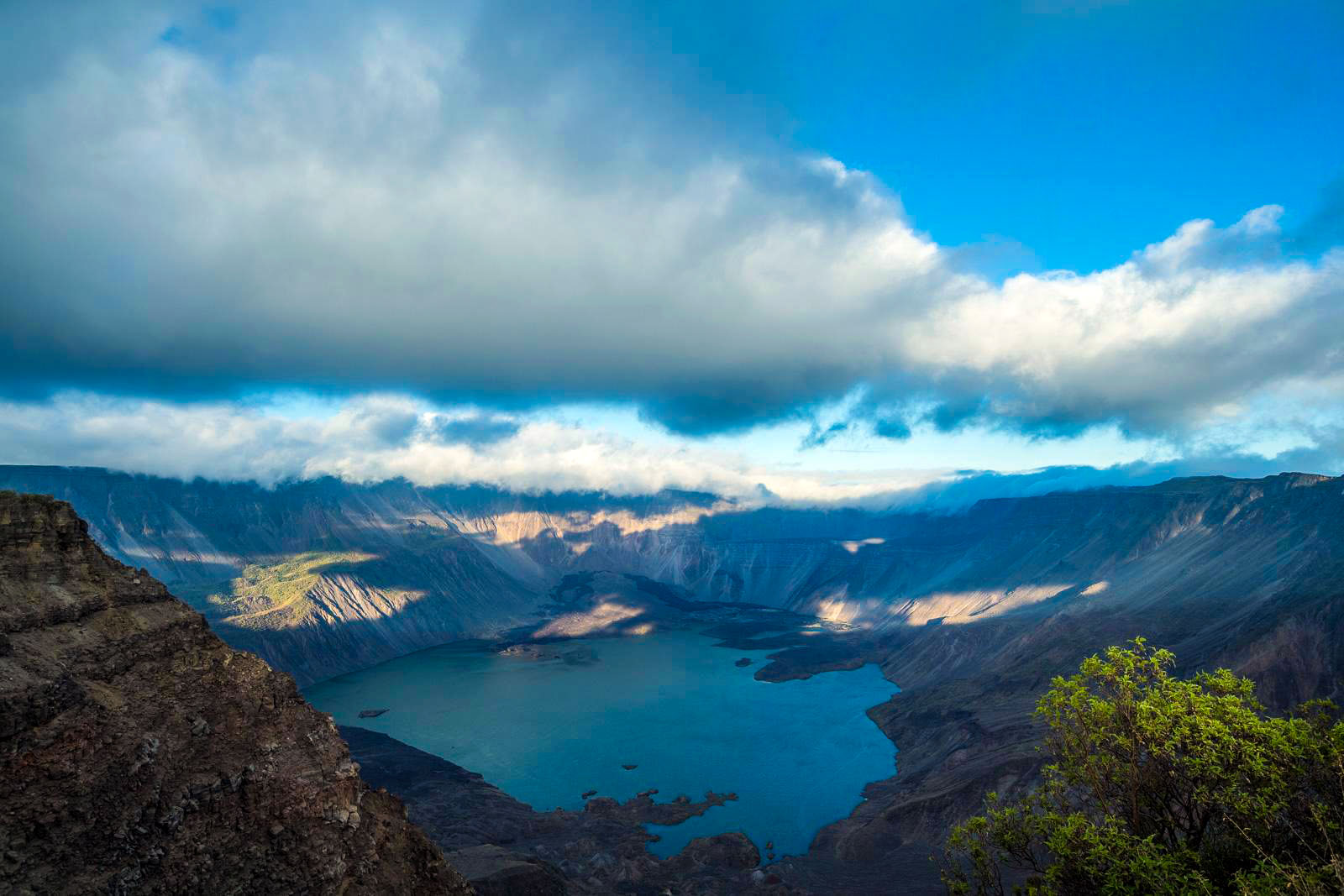
A raft of new natural history shows have been revealed by the BBC, including a programme capturing the animal “dating scene”.
The broadcaster, which has enjoyed huge success with the likes of Blue Planet II and Planet Earth II in recent years, has commissioned several new series.
One of the highlights will be The Mating Game, a series described as “often dramatic and sometimes hilarious” about “the greatest challenge of all – attracting a partner”.
The camera lens will focus on the challenges of finding a mate in the wide-open grasslands, the “crowded dating scene of the jungle”, in freshwater environments and the oceans.
 snow in the Taiga forest in Frozen Planet II ">A Siberian tiger walking through deep snow in the Taiga forest in Frozen Planet II (Ondrej Prosicky/Shutterstock/ Ondrej Prosicky)
snow in the Taiga forest in Frozen Planet II ">A Siberian tiger walking through deep snow in the Taiga forest in Frozen Planet II (Ondrej Prosicky/Shutterstock/ Ondrej Prosicky)
“Nearly every species has its own strategy – some choose to fight, others to pursue, whilst others create a song and dance about it,” the broadcaster said of the show.
“This series will tell stories from both the female and male points of view, taking a fresh look at who really is in charge when it comes to choosing the right partner. ”
Filmed in ultra high definition, The Mating Game – a working title – will feature “dramatic and comedic narratives to tell the myriad of ways life attempts to win the one game that connects us all – that of finding a mate”.
Other programmes announced on Friday include Frozen Planet II, to be broadcast some 10 years on from the original Frozen Planet.
It will air in 2021 and tell “the complete story of the entire frozen quarter of our planet that is locked in ice and blanketed in snow” and look at the threat posed by rising temperatures.
A five-part series, Perfect Planet, to be broadcast next year, will explain “how the living planet operates” and “how the forces of nature – weather, ocean currents, solar energy and volcanoes – drive, shape and support Earth’s great diversity of life”.
It will “combine a global view of the planet from space” while showing “intimate animal stories from … spectacular habitats”.
 Perfect Planet (BBC/Tui DeRoy/Silverback Films)
Perfect Planet (BBC/Tui DeRoy/Silverback Films)
Planet Earth III, billed as “the most ambitious natural history landmark ever undertaken by the BBC”, will be broadcast in 2022.
It “will take audiences to stunning new landscapes, showcase jaw-dropping newly discovered behaviours and follow the intense struggles of some of our planet’s most amazing animals”.
Other programmes announced by the BBC include Primates, a “definitive portrait” on the “tool users, problem solvers and political animals” and Earth’s Paradise Islands, featuring Madagascar, Borneo and Hawaii.
BBC director of content Charlotte Moore described the programmes as “our biggest ever commitment to natural history”.
“The BBC is world-famous for its natural history programming and these new series will raise the bar even higher,” she said.
“Viewers around the globe have been captivated by the incredible stories that the Planets series have told and now new technology allow us to explore even more of the natural world than ever before.”
Tom McDonald, head of commissioning, natural history and specialist factual, said: “Alongside new titles such as The Mating Game and Primates, I’m delighted to be bringing the long awaited Frozen Planet back to our screens a decade after the first series was on air, and of course thrilled that Planet Earth will be back in the BBC’s centenary year.
“Both will continue our pledge to reveal not just the world’s greatest wonders and animal behaviour but reflect the very real challenges the natural world faces.”
The BBC previously announced Green Planet, “from the perspective of plants” and One Planet, Seven Worlds, featuring Sir David Attenborough.



Why are you making commenting on The Herald only available to subscribers?
It should have been a safe space for informed debate, somewhere for readers to discuss issues around the biggest stories of the day, but all too often the below the line comments on most websites have become bogged down by off-topic discussions and abuse.
heraldscotland.com is tackling this problem by allowing only subscribers to comment.
We are doing this to improve the experience for our loyal readers and we believe it will reduce the ability of trolls and troublemakers, who occasionally find their way onto our site, to abuse our journalists and readers. We also hope it will help the comments section fulfil its promise as a part of Scotland's conversation with itself.
We are lucky at The Herald. We are read by an informed, educated readership who can add their knowledge and insights to our stories.
That is invaluable.
We are making the subscriber-only change to support our valued readers, who tell us they don't want the site cluttered up with irrelevant comments, untruths and abuse.
In the past, the journalist’s job was to collect and distribute information to the audience. Technology means that readers can shape a discussion. We look forward to hearing from you on heraldscotland.com
Comments & Moderation
Readers’ comments: You are personally liable for the content of any comments you upload to this website, so please act responsibly. We do not pre-moderate or monitor readers’ comments appearing on our websites, but we do post-moderate in response to complaints we receive or otherwise when a potential problem comes to our attention. You can make a complaint by using the ‘report this post’ link . We may then apply our discretion under the user terms to amend or delete comments.
Post moderation is undertaken full-time 9am-6pm on weekdays, and on a part-time basis outwith those hours.
Read the rules hereComments are closed on this article